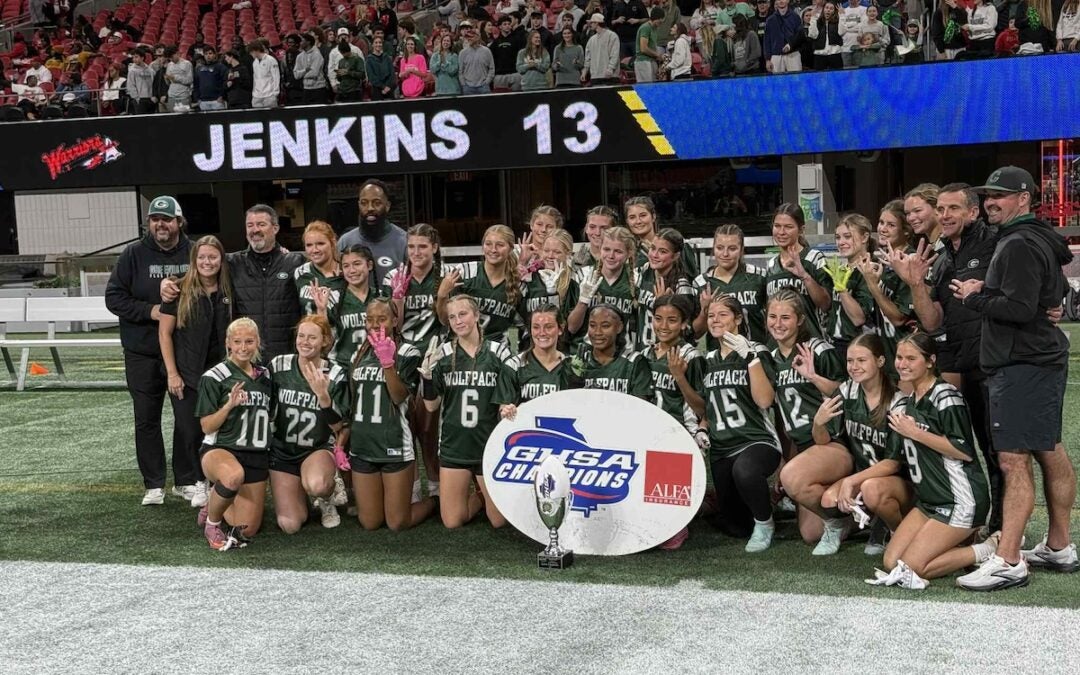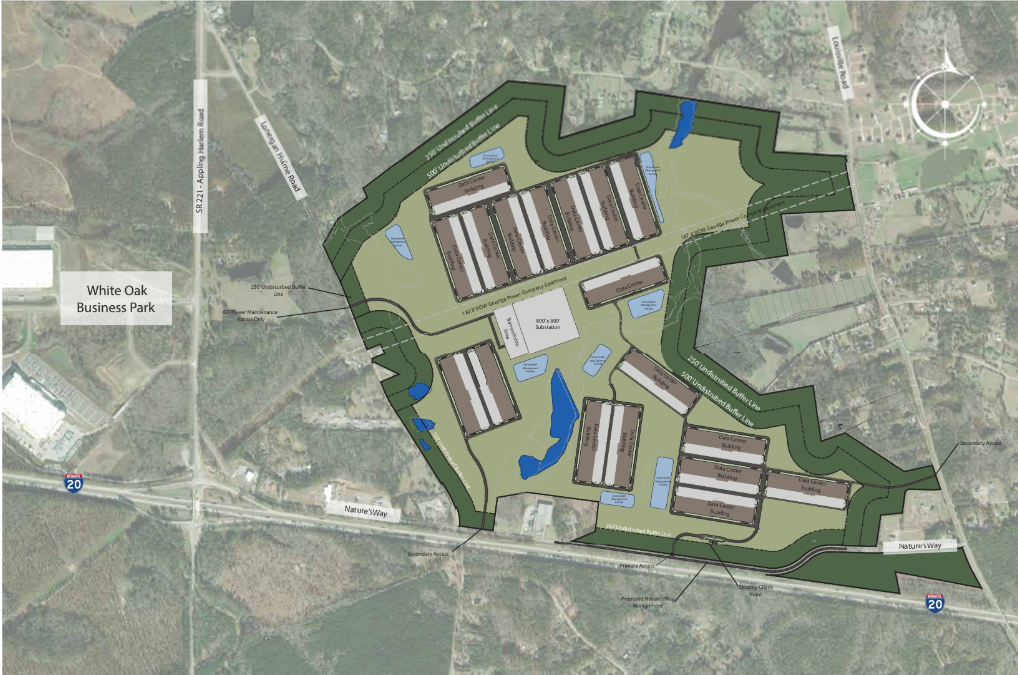Columbia Countians noticed quite a bit of work being done on a residence, and the result of their digging brought to light the good samaritan efforts of a local ministry, as well as other types of group homes throughout the area that are problems.
While the home is not inside a neighborhood, it does sit adjacent to a nearby residential development.
After seeing multiple construction crews at the house, located on Columbia Road out toward Patriots Park, the citizens discovered that the home is owned by a group called 143 Ministries and that Associate District Attorney Natalie Paine sits on the board of the non-profit.
Some assumed the residence was being converted into a halfway house without the public’s knowledge or input.
According to the Georgia Attorney General’s Consumer Protection Division, halfway houses are not licensed in the state.
An open records request initially stated that no permits had been pulled for construction on the site; however, after a brief investigation, Columbia County Manager Scott Johnson says the permits were filed, but overlooked in error when the county responded to the open records request.
“I have copies of the permits for the roof replacement and the building of a deck. The rest of the renovations are purely cosmetic,” Johnson said.
Paine acknowledged that she works with 143 Ministries and says that the building is not being used as any form of a halfway house or drug detox center.
The residence is a part of what the ministry calls “Katherine’s Way,” and the home is a place for women recovering from drug and alcohol addiction. While the group does work with an accountability court, the residents of Katherine’s Way are not ordered by the court to live at the facility.
“This is a group that truly does the Lord’s work in my opinion. The women there have gone through detox already and Katherine’s Way offers a long-term, supervised environment to help keep them from relapsing,” Paine said.
143 Ministries helps the women find jobs and helps with childcare. The women, as part of their lease agreement, can only leave the home for work and other approved activities such as travel to doctor’s appointments and church services.
While some of the residents may have had past nonviolent run-ins with the law, the reason they are admitted to Katherine’s Way is because they have been caught up in a sex-trafficking ring or molested as children, leading to their alcohol or drug addiction, according to Katherine’s Way Director Cliff Nobles.
“These women are not criminals. They are victims. This home is their safe zone. It is where they can fully return to society and become productive citizens and that safe zone also allows them to parent their children so that the addiction problem does not become generational,” Nobles said.
Nobles asked that for the safety and privacy of the women that the location be treated like any other battered women’s shelter and not be disclosed to the public.
In the past two years of operation, the home, which is sponsored primarily by The River Church, Katherine’s Way has had zero calls to the police.
According to Alan Childs, host of the Sunday “First Step Radio Show” program on WGAC AM-FM, the efforts of 143 Ministries are highly successful.
“I have had several recovering addicts from 143 Ministries on the radio show, and they all praise the ministry for helping them get their lives back. All I hear are stories of redemption and love, and these are people who are determined to never go back to addiction,” Childs said.
While 143 Ministries may be doing everything right, Paine says that is not the case with other group homes run by corporations, such as Necco Homes, which runs group homes for foster children too unruly to enter into private foster care.
“I have a list on my desk of these locations as they spring up, and I usually get notified it is a group foster home by the number of police calls. The list is constantly growing and the homes are located right in the middle of neighborhoods,” Paine said.
According to Johnson, these homes are protected by the federal Fair Housing Act, which prohibits local governments from banning such homes as long as the home meets the laws requirements.
“We are prohibited by federal law from stopping them or holding public input meetings on a specific location. As long as zoning requirement are met, we are powerless. Most of the time, we only know that these homes exist because of citizens’ complaints. So, our hands are really tied in that matter,” Johnson said.
Scott Hudson is the Senior Investigative Reporter and Editorial Page Editor for The Augusta Press. Reach him at scott@theaugustapress.com











